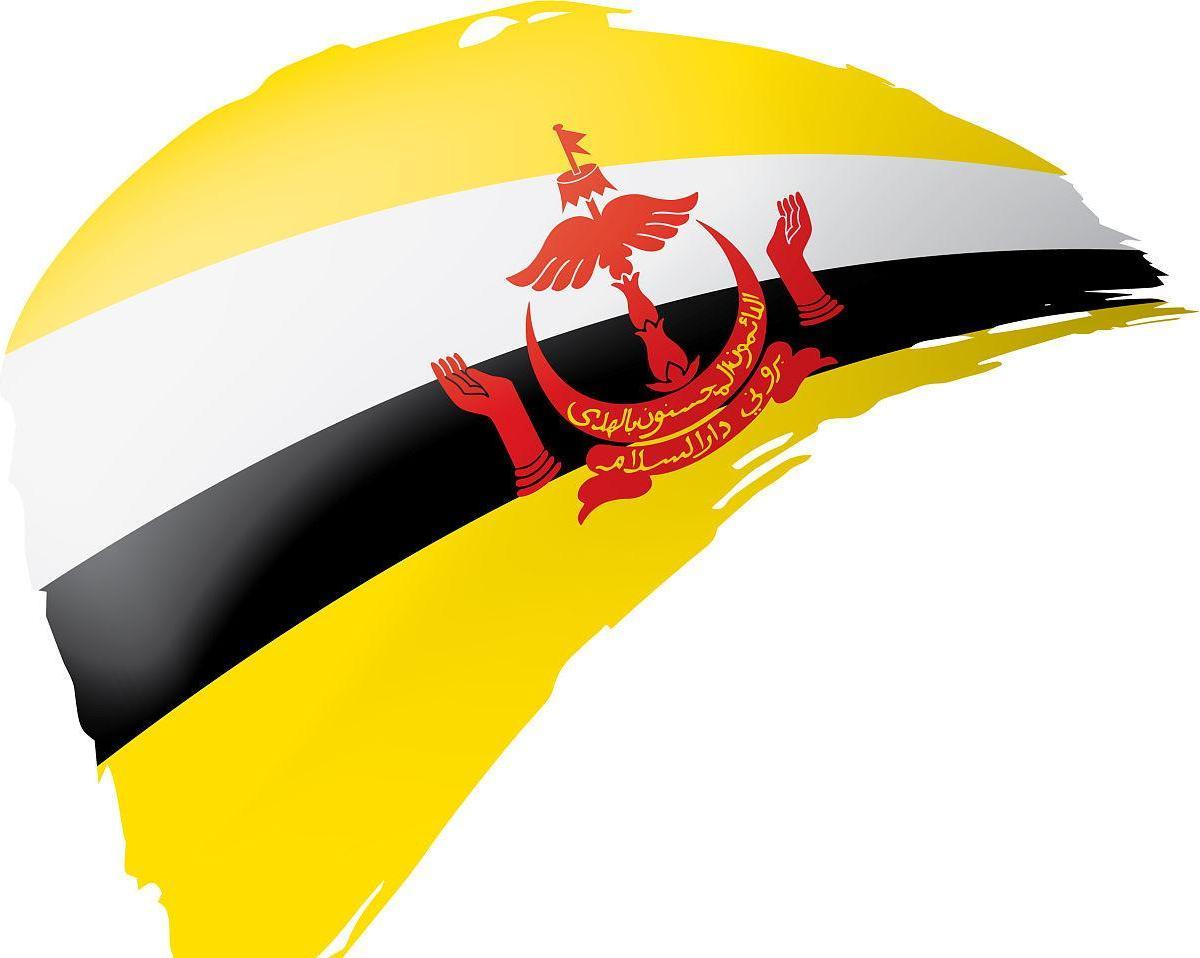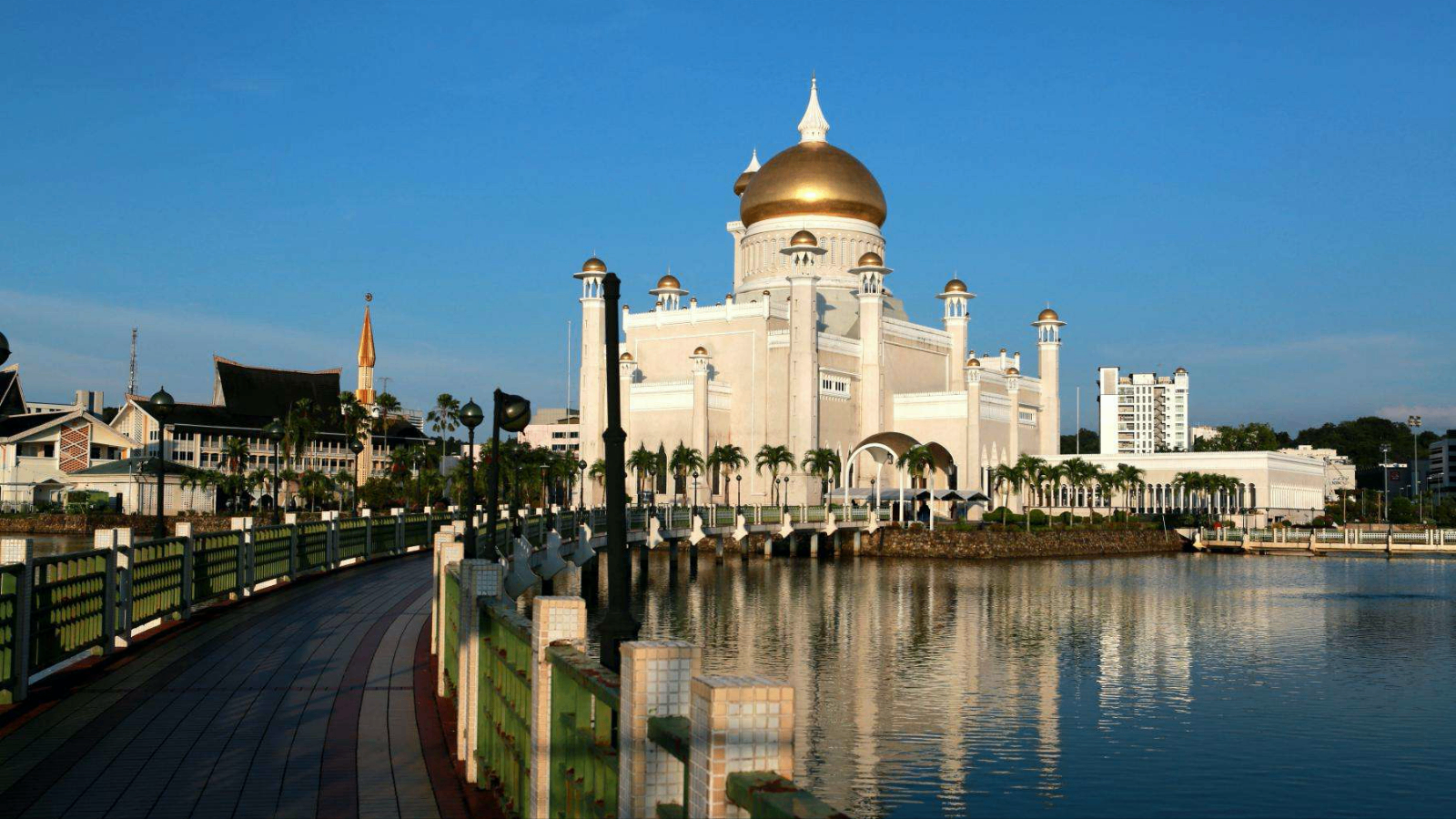
Brunei, officially known as the Nation of Brunei, the Abode of Peace, is located in the northwest of Borneo Island in Southeast Asia, bordering the South China Sea to the north. Despite its small size (with a land area of merely 5,765 square kilometers and a population of approximately 453,600 as of 2020), Brunei has accumulated substantial wealth relying on its abundant oil and gas resources, with its per capita GDP ranking among the highest in Southeast Asia. In the process of global economic integration, Brunei's investment environment has attracted widespread attention. An in-depth analysis of its investment environment is of great significance for investors seeking to expand into overseas markets.
I. Political Environment
Brunei is an absolute monarchy, where the Sultan holds supreme authority as the head of state, head of government, and religious leader. The political power has long been in the hands of the Bolkiah family, resulting in a stable political landscape and peaceful domestic situation—creating a favorable political atmosphere for investment.
Brunei actively develops foreign relations, adhering to a non-aligned foreign policy and maintaining friendly interactions with many countries. As an important member of ASEAN, it also keeps sound diplomatic ties with major powers such as China, the United States, and the United Kingdom. Its relaxed international environment is conducive to attracting foreign investment and facilitating international cooperation for enterprises.
However, Brunei's political system lacks broad democratic participation, with a relatively centralized decision-making process and limited flexibility in policy adjustments. This may affect some investors' expectations regarding potential policy changes.

II. Economic Environment
Oil and Gas Dominance and Diversification Efforts:The oil and gas industry is the backbone of Brunei's economy, accounting for approximately two-thirds of the country's GDP, 90% of its fiscal revenue, and over 95% of its foreign trade exports. Nevertheless, due to declining crude oil production and fluctuations in international oil prices, Brunei has recognized the urgency of economic diversification.
In recent years, the Bruneian government has vigorously promoted economic transformation and formulated a series of industrial development blueprints, covering fields such as downstream oil and gas processing, high and new technology, halal food, biotechnology, agriculture, and tourism. For instance, it has built large-scale refining and chemical projects on Pulau Muara Besar to extend the oil and gas industrial chain; it has also formulated the "Wawasan 2035" (Vision 2035) to set goals for diversified economic development and provide policy guidance for industrial growth.
Performance of Macroeconomic Indicators:Brunei maintains stable macroeconomic conditions, sound fiscal status, and national prosperity. However, in recent years, its economy has faced challenges due to fluctuations in international oil prices and the impact of the COVID-19 pandemic. In 2022, Brunei's GDP reached 17.36 billion Brunei dollars, with a year-on-year growth of 3.6%; the inflation rate remained at a low level of approximately 1.6%; and the unemployment rate was around 4.5%.
Despite the slowdown in economic growth, the Bruneian government has stabilized economic operations through fiscal stimulus packages and industrial support policies, providing a relatively stable economic environment for investment.
Market Scale and Potential:Brunei's domestic market is relatively small due to its limited population and consumer base. However, it enjoys a superior geographical location—as the only sovereign country in the ASEAN Eastern Growth Area (EAGA), it can radiate to surrounding regions such as eastern Malaysia, northeastern Indonesia, and southern the Philippines, boasting considerable market potential.
Moreover, with the advancement of Brunei's economic diversification and the growth of residents' income, the domestic consumption structure is upgrading, leading to increased demand for high-end consumer goods and high-quality services. This brings investment opportunities in relevant fields.
III. Taxation Environment
To attract investment, Brunei has established a lenient taxation system. It exempts various taxes such as turnover tax and personal income tax. The main domestic tax is corporate income tax, which was reduced to 18.5% in 2015 upon approval by the Sultan—one of the lowest rates in ASEAN.
Brunei also implements the "Pioneer Industry" policy. For industries urgently needed for domestic development (e.g., emerging manufacturing, high-tech industries, and comprehensive agricultural development), it offers exemptions from corporate income tax and equipment import tariffs, with a tax holiday period of up to 11 years. Export-oriented service industries can enjoy tax exemption for up to 20 years, and the period can be extended based on subsequent investment. These policies are highly attractive to high-investment and long-cycle projects, effectively reducing enterprises' operating costs and enhancing profit margins.
IV. Infrastructure
Transportation Facilities:Brunei has a relatively well-developed road network. As of 2020, the total length of roads was approximately 3,800 kilometers, connecting major cities and economic zones. However, due to its small land area and small population, public transportation is relatively underdeveloped, with travel mainly relying on private cars.
Brunei International Airport is the country's main aviation hub, with routes covering major cities in Southeast Asia, East Asia, the Middle East, and other regions. Its annual passenger throughput reaches about 3 million, facilitating personnel exchanges and cargo transportation.
In terms of water transportation, Muara Port is Brunei's largest port, with an annual cargo throughput exceeding 10 million tons. It has multiple functions such as container loading and unloading and bulk cargo transportation, serving as an important channel for Brunei's import and export trade.
Energy Supply:Brunei is rich in oil and gas resources, ensuring stable energy supply at relatively low prices. Domestic electricity supply is sufficient, with an installed power generation capacity of approximately 1,100 megawatts, which can meet the electricity needs of both industry and residents. Natural gas is widely used in industrial production and daily life, with supply pipelines covering major urban areas.
Communication Facilities:Brunei has a high level of communication infrastructure development. The mobile network coverage rate exceeds 98%, with 4G networks widely available and 5G network construction advancing steadily. Fixed broadband networks offer high access speeds, and the household broadband penetration rate exceeds 80%, providing strong communication support for enterprises to carry out digital operations and technological innovation.

V. Labor Market
Brunei faces a shortage of local labor resources. Most locally educated citizens tend to work in government departments, while ordinary workers have limited skills. Foreign workers account for a relatively high proportion, approximately 40% of the total labor force.
To meet the requirements of the Comprehensive and Progressive Agreement for Trans-Pacific Partnership (CPTPP), Brunei revised its labor laws. Since July 12, 2023, it has implemented a minimum wage standard in phases, with the first phase covering the banking, finance, and information and communication industries. On July 15, 2023, the National Retirement Scheme (SPK) was launched, replacing the previous Employee Trust Fund (TAP) and Supplementary Contribution Pension Scheme (SCP). The new scheme stipulates that employees and employers contribute to pensions based on different salary standards.
The labor shortage, rising labor costs, and adjustments to labor policies have increased enterprises' labor costs and management difficulties. However, to encourage foreign-invested enterprises to train local employees, the Bruneian government provides certain financial support, which alleviates the pressure on enterprises to a certain extent.
VI. Investment Policies and Regulations
Foreign Investment Access Policy:Brunei adopts an open attitude toward foreign investment, allowing 100% foreign ownership in most industries. However, in specific industries such as oil and gas exploration and development, finance, and telecommunications, there are restrictions on foreign investment access, or foreign investors are required to form joint ventures with local enterprises.
For example, in the oil and gas sector, foreign investors must cooperate with Brunei Shell Petroleum (BSP), and BSP usually holds a majority stake in joint ventures. In the financial industry, foreign banks must meet strict approval conditions and capital requirements when establishing branches or subsidiaries.
Investment Incentive Policies:In addition to tax incentives, the Bruneian government also attracts foreign investment through measures such as establishing the Economic Development Board (EDB), providing land preferences, and building industrial parks. Enterprises investing in designated industrial parks can enjoy benefits such as preferential land leasing and complete infrastructure supporting facilities. For major investment projects that align with the national industrial development strategy, the government may also provide support such as financial assistance and loan interest subsidies.
Legal and Regulatory Environment:Brunei's legal system is based on English common law, combined with Islamic law, forming a relatively sound legal framework. However, the degree of legal transparency needs to be improved, and there are uncertainties in the interpretation and implementation of some legal provisions.
In terms of commercial dispute resolution, although Brunei has a relatively sound judicial system, judicial procedures are cumbersome and time-consuming, increasing the cost and risk for enterprises to safeguard their rights.
VII. Conclusions and Investment Recommendations
Brunei's investment environment presents both advantages and challenges. Its investment strengths include political stability, a solid economic foundation, preferential tax policies, well-developed infrastructure, and opportunities for emerging industries driven by economic diversification. However, it also faces investment challenges such as a small market scale, labor shortages, insufficient industrial supporting capabilities, and inadequate transparency in laws and policies.
For enterprises planning to invest in Brunei, the following recommendations are proposed:
Conduct in-depth research on the local market, accurately grasp market demands and industrial development trends, and combine their own strengths to select investment areas that align with Brunei's economic diversification strategy, such as downstream oil and gas processing, halal food, and tourism.
Attach importance to building sound cooperative relationships with local enterprises and government agencies, and leverage local resources to reduce investment risks and overcome policy restrictions.
In light of the current state of the labor market, formulate reasonable employment plans, strengthen employee training, and enhance labor productivity.
Closely monitor developments in Brunei's laws and policies to ensure compliance in investment and business operations. When necessary, engage professional legal and financial consultants to safeguard the legitimate rights and interests of the enterprise.




